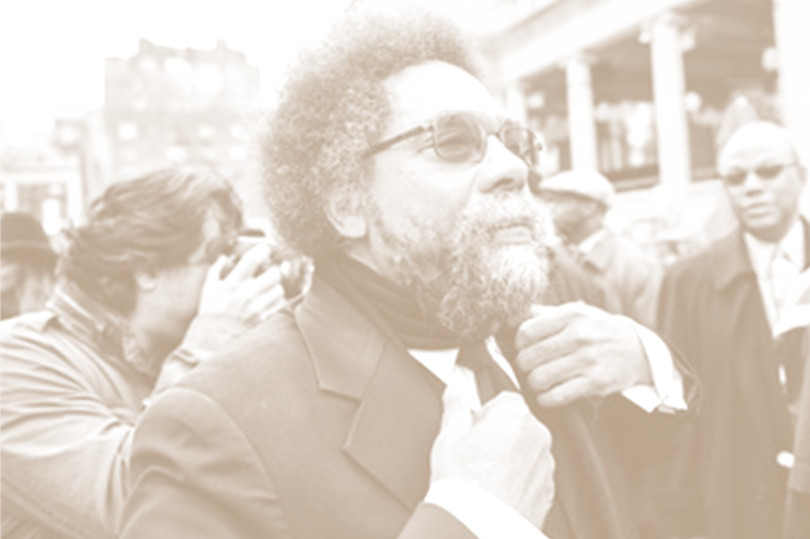In Plato’s Republic, written in the fourth century BC, the philosopher posits that ideal and completely just governance can only be achieved beneath the rule of a “philosopher king,†a ruler who seeks truth through philosophical study. To Plato, only this type of ruler can be permanently in the service of justice because only this type of ruler truly understands the meaning of justice. Though no person is without their faults, and there hasn’t been (nor will there ever be) a consensus on what an ideal ruler looks like, political leaders matching the brass tacks of Plato’s description have existed throughout history.
Marcus Aurelius was head of the Roman Empire for two decades while doubling as a philosopher in the Stoic tradition. Meditations, his only published work, remains widely read today, nearly two thousand years after it was written. Nezahualcoyotl, a fifteenth-century ruler of the Mexican city-state of Texcoco, was a renaissance man from across the pond, wearing the hats of a philosopher, poet, architect, and warrior in addition to his crown.
West’s Direction
After recently announcing his bid for next year’s presidential election, philosopher, writer, scholar, and activist Cornel West seeks to add his name to history’s list of philosopher kings. West, an outspoken leftist public intellectual, initially announced that he was running as a part of the relatively young People’s Party, but is now seeking a Green Party nomination with the help of former Green Party presidential

nominee Jill Stein. West’s decision to run as a third-party candidate echoes his disbelief in the principles and practices of either of the two major American political parties, both of which he has openly criticized in the past.
Shortly after announcing his run, he told Democracy Now! that he believes that the two-party system “is a major impediment for the empowerment of poor and working people,†who West has said his hypothetical presidency would prioritize. He went on to criticize the “milquetoast neoliberal†Democrats as being incapable of taking such people’s needs seriously, and “neofascist†Republicans as being too beholden to corporate and military interests to begin considering their needs.
Several of West’s critics have contended that his announcement is nothing to be excited about. MSNBC’s Ja’han Jones, a writer for The ReidOut Blog, revealed he was skeptical of the sincerity of West’s bid following his recent proximity to conservative minds. It’s a trend that includes West’s much-talked-about op-ed in The Washington Post in which he praised Florida governor Ron DeSantis’ support of the Classic Learning Test—a standardized test that West himself serves as an academic advisor for—as an alternative to other college entrance exams. West’s previous critique of DeSantis did not stop The Nation’s Joan Walsh from citing the op-ed in addition to West’s decision to run third-party, which she suggests will do little more than siphon votes away from President Joe Biden’s reelection effort, as cause for concern.
Is He or Isn’t He
Whether West is the proper philosopher for the job or not, the prospect of his presidency puts forth an interesting point of discussion. Was Plato correct in his assertion that only intellectuals can rule justly? The question is intriguing, especially when politicians are so commonly decried as brash, brutish, and even anti-intellectual. In the American two-party system, supporting either the Democratic or Republican Party often means that you find the politicians making up the other side to be stupid, evil, or both. If the intellect and moral purity of our politicians are so frequently called into question, perhaps there is credence to the claim that an ideal head of state would have to have both.
But whether we take this to be true or not, it’s all but undeniable that a president of considerable intellect is required to disentangle the nation from the weeds we ourselves created. Poverty, violence, disunity, and miseducation have been the name of the American sociopolitical game for far too long and under far too many presidents. It will surely take someone rather intellectual, regardless of whether they’ve made it their profession, to mount the challenge of changing that narrative.


